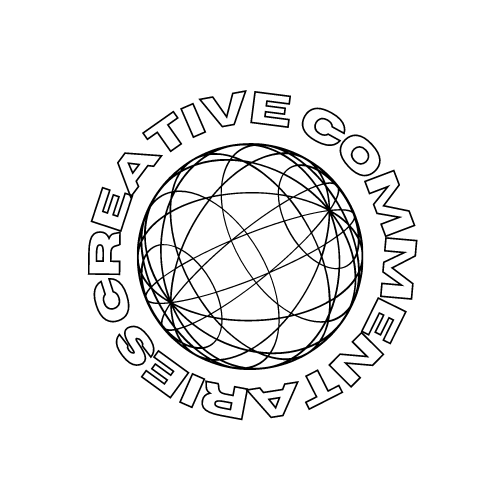Here’s where I intend on building my ePortfolio! I’ve decided to make it within my website and just have different pages that lead through it.
- Generating Inquiry: Students will be able to generate and explore genuine lines of inquiry related to writing, language, literacy, and/or rhetoric.
The “Generating Inquiry” learning outcome is asking students to academically approach aspects of writing and come up with their own educated opinions and questions through proper research. It shows that students can add to a conversation and “have something to say”. This is useful because writing academic papers is a skill needed in the future, so being able to read something and generate discussion and questions is important to proper writing.
- Multiple Ways of Writing: Students will be able to purposefully integrate multimodality, multiple languages, and/or multiliteracies into writing products to support their goals.
The “Multiple Ways of Writing” learning outcome is definitely the most confusing to me as of now. My own knowledge of multimodality and multiliteracy is beginner at best, and I definitely need some clarification on how these literary terms would be defined in the context of this class. I would venture to say that this outcome seeks to show that students can combine certain rhetorical forms and genre conventions, along with different languages and types of media, to show their understanding of writing and how they can defy the norms to create interesting and engaging writing.
- Information Literacy: Students will be able to evaluate and act on criteria for relevance, credibility, and ethics when gathering, analyzing, and presenting primary and secondary source materials.
The “Information Literacy” learning outcome is asking students to responsibly pick and vet sources, using the tactics taught in class to determine whether certain articles or books fit what they’re looking for. It also asks students to properly cite their secondary sources and stick to ethical research methods for the primary sources they create.
- Research Genre Production: Students will be able to produce writing that demonstrates their ability to navigate choices and constraints in a variety of public and/or academic research genres that matter to specific communities.
The “Research Genre Production” learning outcome asks students to write within certain literary genres with care. These typically include important pieces like work emails, proposals, etc. This prepares the students for situations that require serious and strict following of a genre’s parameters, which are common in college classes and certain jobs that many of us will take part in.
- Contributing Knowledge: Students will be able to draw conclusions based on analysis and interpretation of primary evidence and place that work in conversation with other source materials.
The “Contributing Knowledge” learning outcome ties into the “Generating Inquiry” outcome, and asks students to properly read primary evidence and tie it into other works that they’ve picked and read. Finding academic conversations and building a narrative through piecing together different sources is a difficult skill, and this outcome asks students to create their own pseudo-conversation by tying everything together in a way that makes sense and flows.
- Revision: Students will be able to negotiate differences in and act with intention on feedback from readers when drafting, revising, and editing their writing.
The “Revision” learning outcome is, in my opinion, the most important. It teaches students to rely on their peers and teachers for advice and comments on their work. They need to take it and apply those critiques to their writing. This synergy of ideas is critical to writing in academic and work settings, and building off of others opinions helps strengthen their writing and their own voice within a genre.
Click HERE to go to my Research Proposal Drafts and ePortfolio Reflection #2 Assignment.
